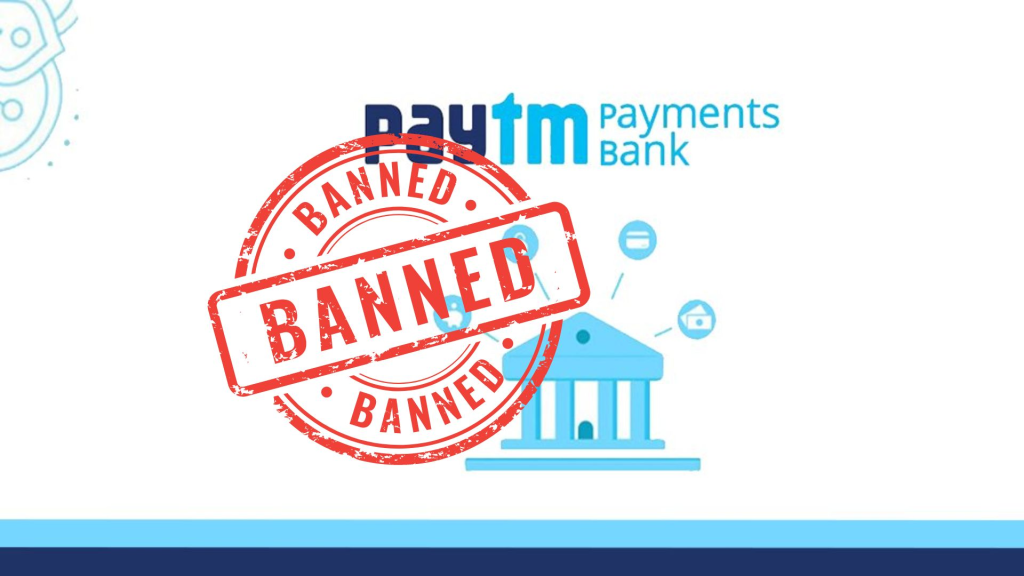Google Chrome started in 2008 and wasted no time in conquering the web browser category. With its speed, ease of use, and deep integration with Google products, it was beloved by users and developers both. But recently, Chrome has come under fire and it is indeed beginning to face some threats to its dominance. From privacy issues and legal battles to mounting competition, here’s a deep dive into why we reckon Google Chrome is in big trouble in 2025.

1. Privacy Concerns and Data Collection
Privacy One of the biggest complaints about Google Chrome is the issue of privacy. Chrome collects a tremendous amount of data to power Google’s advertising empire. Google says this is for the betterment of user’s experience, privacy activists and watchdogs think this is undermining users’ security and freedom.
- Tracking and Profiling: Chrome employs cookies, browsing history and other tracking tools to build its users into detailed profiles. This data is then mined, Feygin said, which raises questions of surveillance and exploitation.
- Privacy Sandbox Controversy: Google introduced the Privacy Sandbox, a collection of tools for replacing third-party cookies with more privacy friendly technologies, in response to the backlash. But some critics say that while it eliminates some tracking methods, it also allows Google to remain in control of huge amounts of user data, and therefore doesn’t provide true privacy.
- Comparison with Competitors: Web browsers like Mozilla Firefox and Brave have exploited these concerns and have introduced features to block trackers and ads by default, forcing Chrome to play defence.

2. Antitrust Lawsuits and Regulatory Pressure
The rise of Chrome has also raised competition concerns around the world. Antitrust lawsuits and investigations are coming thick and fast as governments attempt to curtail Google’s web domination.
- Monopolistic Practices: Regulators in the United States, the European Union and other regions have accused Google of leveraging Chrome’s market power to preserve and extend its advertising monopoly. Indeed, requiring phone users to make Chrome the default browser on Android has been ruled an unfair practice.
- Ongoing Lawsuits: Multiple lawsuits continue, especially in Europe, where Google has already sustained huge financial penalties for anticompetitive conduct. Any adverse order could lead Google to make big changes to how Chrome operates as a business.
- Impact on Reputation: Even if Google wins these cases, the relentless legal scrutiny is a stain on the idea of Chrome as a neutral vehicle for browsing the web.
3. Competition Heating Up
Chrome’s early dominance made it feel invulnerable, but the browser world is a very different place today.
- Microsoft Edge: Edge, now Chromium-based, delivers the same speed and compatibility while prioritizing better battery life, security features and better integration with Windows. Support, and other features have also helped Edge to gain a user base.
- Privacy-Focused Browsers: Brave and Firefox, which also cater to users concerned about privacy, continue to retain a certain segment of the total user base. Brave supports ad blocking and tracking protection by default, and it even has a private “incognito” browsing mode and its own private search engine. Firefox has always stressed on the open-source transparency and user control.
- Apple Safari: Safari is also strong among Apple users, with its tight integration with macOS and iOS, as well as its focus on being power efficient and on privacy.
The increased competition has pushed Chrome to innovate more rapidly, but it also illustrates Chrome’s weaknesses in things like battery usage and privacy.
4. Technical Challenges and Performance Issues
As the web has grown, the complexity of what users want from their browsers has as well. Chrome, though fast, has been criticized as a resource hog.
- Memory and CPU Usage: Chrome is infamous for eating up all of your RAM and CPU, which can bog down your device, especially if you have an older one. That has created memes and jokes, but also real frustration among users.
- Battery Drain: Chrome is also a battery hog on laptops, a problem that competitors including Edge and Safari have made great strides in solving.
- Bloated Software: Part of the problem is that some users believe Chrome has grown bloated with features the average person does not need, and further complicates what used to be a simple experience.
5. Security Concerns and Zero-Day Exploits
The heart grows fonder—and bigger and sillier—and with that kind of popularity, risks are inherent. Chrome is probably the most popular web browser used by hackers to steal your data, just because of its large user base.
- Frequent Updates: Kudos to Google for quick fixing of those holes. But the number of zero-day bugs found each year still keeps security experts on their toes.
- User Trust: Google has one of the best security teams in the world, but reports of new exploits can make it seem as if the walls are closing in, particularly when you throw privacy concerns into the mix.
6. The Rise of AI and Changing User Expectations
The recent explosion in artificial intelligence has driven anticipation and fear to soul-crushing levels, with one in equal measure with the other, but Web browsers have reached a different kind of AI tipping point. People are now expecting smarter, more personalized, more useful ways to browse.
- AI-Powered Features: AI has been infused throughout Microsoft Edge, including Copilot, which provides contextual help, summarizes web pages and more. Google is scrambling to keep up by incorporating AI features to Chrome, however users are monitoring this space closely to see if these tools are actually helpful or but gimmicks.
- Balancing AI and Privacy: If AI is integrated, new questions with regard to privacy will be included as well, especially when considering data usage to drive smart features. Check the right box Google must tread lightly to avoid more privacy backlash.
7. User Fatigue and Changing Habits
One more subtle yet significant problem is user weariness. Chrome has become such a default that some people are shopping around for alternatives these days just to try new things and experience new design approaches.
- Search for Alternatives: Tech literate users in particular are playing around with niche browsers providing users with specific features or experiences – think the highly customizable vibe of Vivaldi, for example.
- Cross-Platform Ecosystems: As users are placing more and more importance on these fluid experiences between devices and platforms, Chrome rely still performs pretty nicely here, but the competition is closing in fast.
Conclusion: What Lies Ahead for Chrome?
Google Chrome is hardly dead — it’s still by far the most popular browser in the world. But the problems it confronts are actual and multiplying. Privacy fears, courtroom battles, cut-throat competition, tech concerns and changing user habits present immense challenges.
Google’s vision of the browser experience for many users is a good one, and to Google’s credit, it hews to that vision in a way some of its competitors don’t. For Chrome to remain in the lead in the browser space, though, Google will have to keep that vision fresh and be honest about what’s not working. That means doubling down on privacy without upending the business model, engineering performance to the same standards customers now enjoy, and making sure that AI integration makes the user experience better, not more confusing.
Will Chrome make it through these uncharted territories? It’s impossible to say, but one thing is certain: the era of the unchallenged hegemony is past, and the browser game is the most lively it’s been since the first browser war.
Disclaimer: Information provided is based on publicly available sources and user experiences.
if you have any issue with this Article – Click Here




